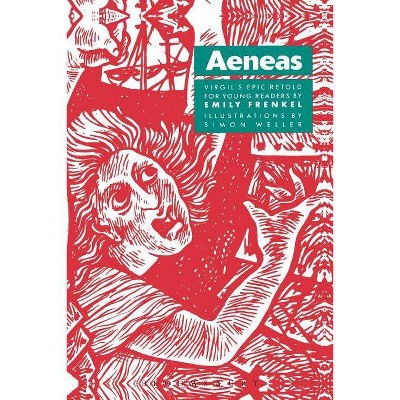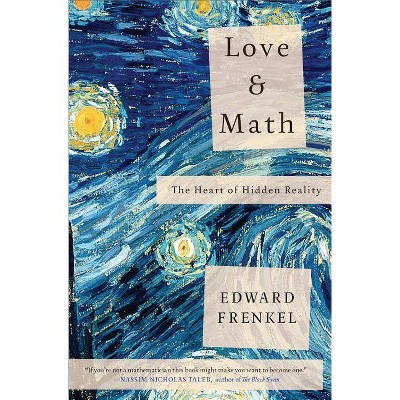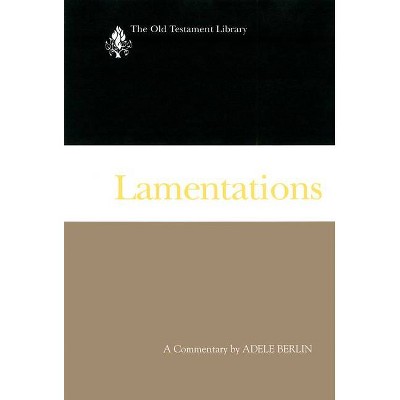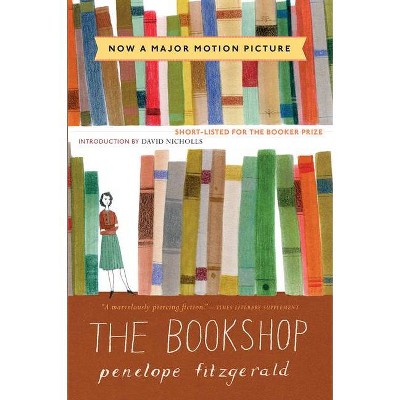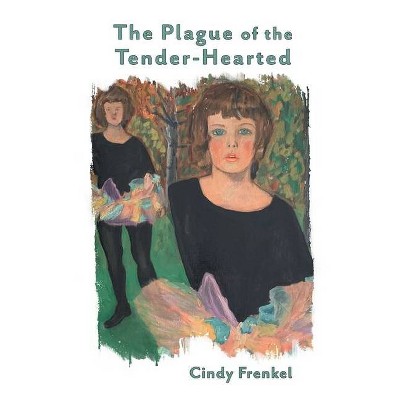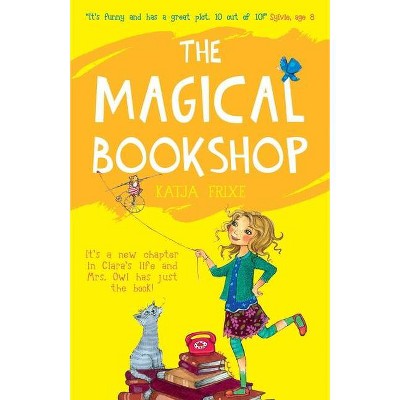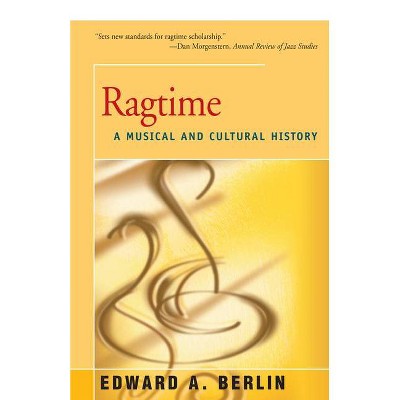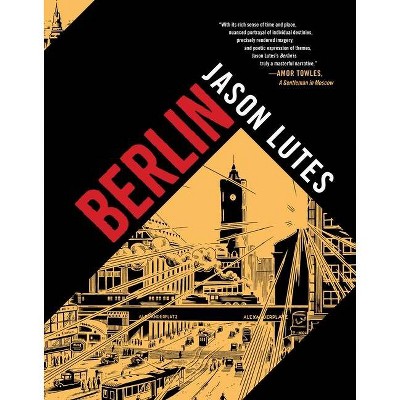A Bookshop in Berlin - by Fran�oise Frenkel (Paperback)
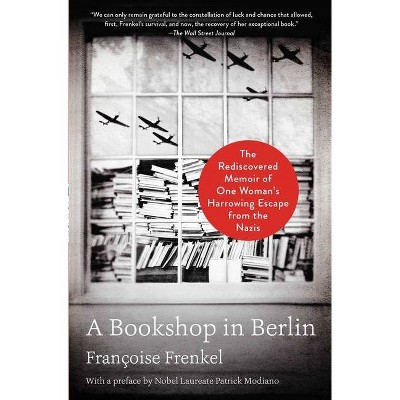
Similar Products
Products of same category from the store
AllProduct info
<p/><br></br><p><b> About the Book </b></p></br></br> "In 1921, Franðcoise Frenkel--a Jewish woman from Poland--fulfills a dream. She opens La Maison du Livre, Berlin's first French bookshop, attracting artists and diplomats, celebrities and poets. The shop becomes a haven for intellectual exchange as Nazi ideology begins to poison the culturally rich city. In 1935, the scene continues to darken. First come the new bureaucratic hurdles, followed by frequent police visits and book confiscations. Franðcoise's dream finally shatters on Kristallnacht in November 1938, as hundreds of Jewish shops and businesses are destroyed. La Maison du Livre is miraculously spared, but fear of persecution eventually forces Franðcoise on a desperate, lonely flight to Paris. When the city is bombed, she seeks refuge across southern France, witnessing countless horrors: children torn from their parents, mothers throwing themselves under buses. Secreted away from one safe house to the next, Franðcoise survives at the heroic hands of strangers risking their lives to protect her."-- <p/><br></br><p><b> Book Synopsis </b></p></br></br> <b>A <i>PEOPLE</i> BOOK OF THE WEEK</b><br> <b>WINNER OF THE JQ-WINGATE LITERARY PRIZE</b> <p/> <b>"A haunting tribute to survivors and those lost forever--and a reminder, in our own troubled era, never to forget." --<i>People</i></b> <p/> <b>An "exceptional" (<i>The</i> <i>Wall Street Journal</i>) and "poignant" (<i>The</i> <i>New York Times</i>) book in the tradition of rediscovered works like <i>Suite</i> <i>Française </i>and <i>The Nazi Officer's Wife</i>, the powerful memoir of a fearless Jewish bookseller on a harrowing fight for survival across Nazi-occupied Europe.</b> <p/>In 1921, Françoise Frenkel--a Jewish woman from Poland--fulfills a dream. She opens La Maison du Livre, Berlin's first French bookshop, attracting artists and diplomats, celebrities and poets. The shop becomes a haven for intellectual exchange as Nazi ideology begins to poison the culturally rich city. In 1935, the scene continues to darken. First come the new bureaucratic hurdles, followed by frequent police visits and book confiscations. <p/> Françoise's dream finally shatters on Kristallnacht in November 1938, as hundreds of Jewish shops and businesses are destroyed. La Maison du Livre is miraculously spared, but fear of persecution eventually forces Françoise on a desperate, lonely flight to Paris. When the city is bombed, she seeks refuge across southern France, witnessing countless horrors: children torn from their parents, mothers throwing themselves under buses. Secreted away from one safe house to the next, Françoise survives at the heroic hands of strangers risking their lives to protect her. <p/> Published quietly in 1945, then rediscovered nearly sixty years later in an attic, <i>A Bookshop in Berlin</i> is a remarkable story of survival and resilience, of human cruelty and human spirit. In the tradition of <i>Suite Française </i>and <i>The Nazi Officer's Wife</i>, this book is the tale of a fearless woman whose lust for life and literature refuses to leave her, even in her darkest hours. <p/><br></br><p><b> Review Quotes </b></p></br></br> "Like a bookstore, Frenkel's memoir contains not one story, but many. There is, of course, her own odyssey to safety--but there's also the heroic tale of M. and Mme. Marius, Frenkel's friends and saviors; the comedy of the glamourous refugee who hoodwinked the Germans into saving her son; the tragedy of the young man accused of murdering his wife; the melodrama of hardened prison guards; and ultimately, a story of liberation and redemption."<b> </b>--<i><b>BookPage </b></i> </br></br>"Detailed, emotional, and careful. . . . A compelling account of crushing oppression, those who sought to flee it, and those who, at great risk, offered help."<b> </b>--<b><i>Kirkus Reviews </i>(starred)</b> </br></br>"Insightful, sympathetic, suspenseful, and eventually triumphant, this memoir is a worthy addition to the WWII canon."<b> --<i>Booklist </i>(starred review)</b> </br></br>"Riveting. . . . Frenkel, who died in 1975, writes that it is 'the duty of those who have survived to bear witness to ensure the dead are not forgotten.' Frenkel's remarkable story of resilience and survival does just that, and will truly resonate with readers." --<b><i>Publishers Weekly</i></b> </br></br><b>Select Praise from the UK</b> <p/> "An astonishing memoir . . . as gripping as any thriller." --<b><i>The Sunday Times</i></b> <p/> "A beautiful and important book...shocking yet delicate prose, cruelty and beauty combined in just over 250 pages." <b>--<i>The Independent</i></b> <p/>"[Frenkel] spins, almost out of nothingness, a crucial moment in time that ought to suspend itself over the consciences of her readers, her fellow men, vitally, critically and irrevocably. We are given only hints of a past, nothing of a future, a highly selective panorama of a present. Yet what we hold in our hands, as we hold this little volume, can be said to be pure gold."<b>--<i>Bookanista</i></b> <p/> "I cried and still couldn't put it down." --<b>Lisa Appignanesi, award-winning author of <i>Losing the Dead </i>and <i>Mad, Bad, and Sad</i></b> <p/> "A lost classic . . . Frenkel's tale and prose is utterly compelling, at once painful and exquisite." --<b>Philippe Sands, author of <i>East West Street</i></b> <p/> "Remarkable . . . A French equivalent to the anonymous <i>A Woman in Berlin</i>, and a non-fiction counterpoint to Nemirovsky's <i>Suite Francaise</i>. . . [A book that] everyone should hold in their hands." --<b><i>Daily Telegraph </i>(five stars)</b> <p/> "The book is not only a moving memoir but also an intriguing historical document, thanks not least to Frenkel's emphasis on the often unsolicited help she received from ordinary French people." --<b>Natasha Lehrer, <i>The Times Literary Supplement</i></b>
Price History
Price Archive shows prices from various stores, lets you see history and find the cheapest. There is no actual sale on the website. For all support, inquiry and suggestion messages communication@pricearchive.us
